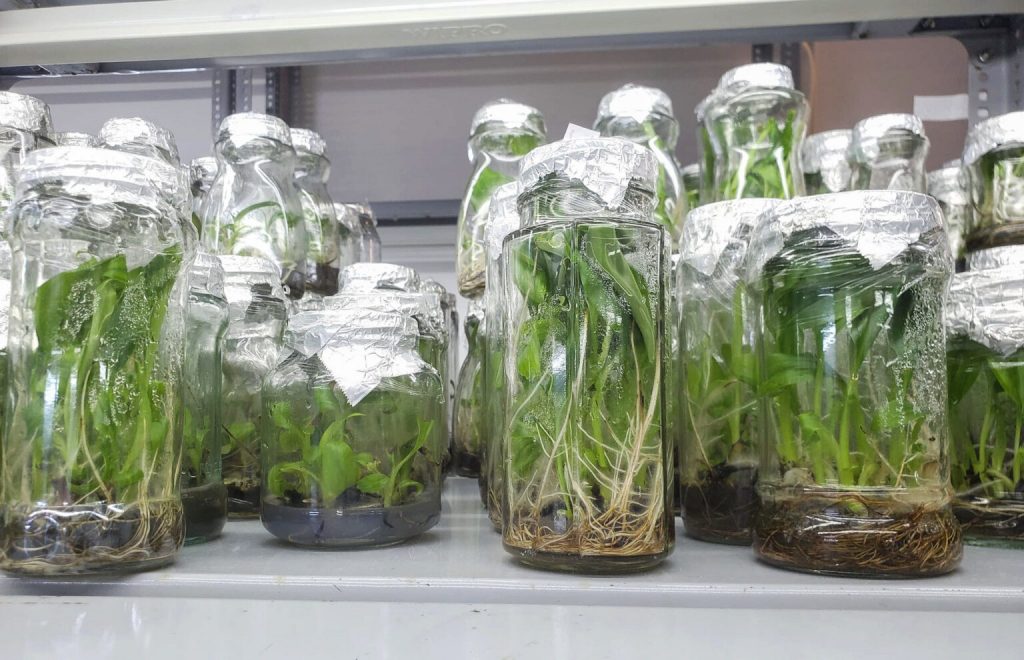
Uganda has taken a major step forward in strengthening its potato value chain with the licensing of Farm Inputs Care Centre Ltd. (FICA Seeds) as the country’s first private company authorized to produce tissue-culture plantlets and early-generation seed potatoes. For decades, farmers have struggled with limited access to quality seed, relying heavily on public research institutions such as the National Agricultural Research Organization (NARO) and its Kachwekano Zonal Agricultural Research and Development Institute (KaZARDI). While these institutions have played a vital role, demand has far outstripped supply, leaving many growers without the reliable planting materials needed to achieve better yields.
The entry of FICA Seeds marks a turning point. Through its partnership with the BRIGHT project, an initiative led by the International Fertilizer Development Center (IFDC), the company worked closely with KaZARDI to align its operations with Uganda’s seed certification standards and undergo rigorous inspection of its laboratories and technical capacities. This process culminated in NARO’s approval, officially opening the door for private-sector participation in a space that has long been dominated by public institutions.
Production is set to begin this September, with FICA Seeds targeting an output of 60,000 tissue-culture plantlets each year. These plantlets will serve as the foundation for a seed multiplication process expected to yield 15 metric tons of pre-basic seed, which can be scaled into 90 metric tons of basic seed and eventually 540 metric tons of certified seed potatoes annually. Beyond producing seed, the company also plans to extend training and technical support to screen-house operators, helping to build local capacity and ensure consistent quality across the seed system.
For farmers in Uganda’s highland regions, including Kigezi, Mount Elgon, and Rwenzori, the impact could be profound. Access to certified seed potatoes means higher productivity, reduced vulnerability to disease, and the possibility of stronger market returns. This in turn promises to improve household incomes and strengthen food security in communities where potatoes are both a staple and a cash crop.
Source: IFDC
